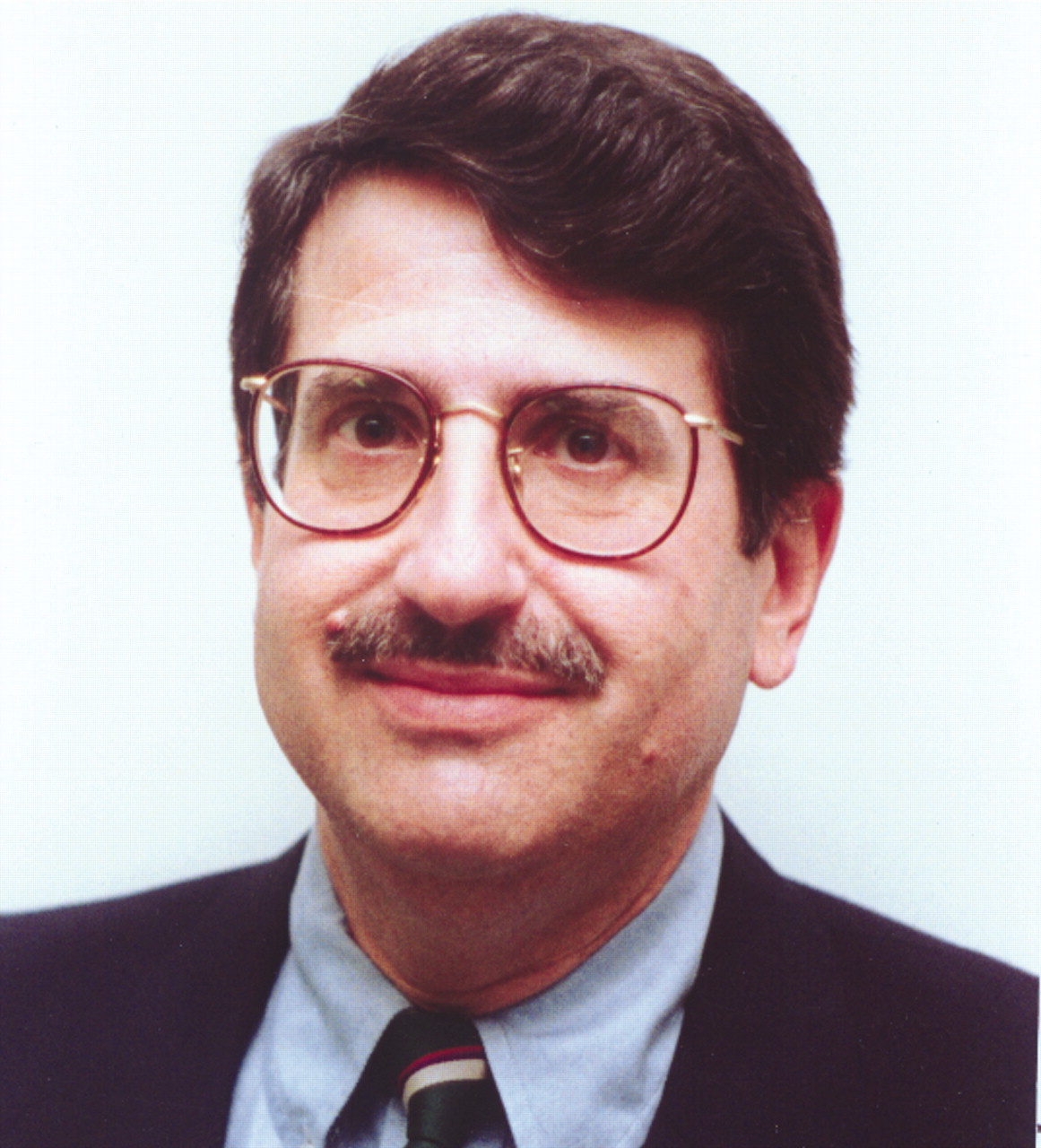Psychologists in New York pursued what appears to be a unique strategy in their push to convince state lawmakers to pass a scope-of-practice bill they desperately wanted.
The psychologists agreed to a legislative compromise backed by the New York State Psychiatric Association (NYSPA) in which they gave up their pursuit of legislation that would grant them prescribing privileges in return for the NYSPA’s support for the scope-of-practice bill.
The main focus of the New York bill, S 7727, is defining the practice of psychology and who can use the title psychologist in conjunction with their practice. Before this, psychologists in New York, which has the country’s second-largest population of psychologists, was one of the few states in which psychologists lacked a statutory definition of their scope of practice.
The bill also provides for the licensing of mental health counselors, marriage and family therapists, creative arts therapists, and “psychoanalysts.” The last category can include therapists who are not physicians and have not graduated from one of the institutes accredited by the American Psychoanalytic Association. They have to have graduated from a program accredited by the state.
Psychologists had for the last four years bitterly fought the inclusion of these other therapists in the new scope-of-practice bill, but eventually realized the only way they could secure their own status was to allow these other categories of mental health professionals to be included as well.
For New York psychiatrists, the key language in the bill states that psychologists and the other mental health professionals covered by this bill are “prohibited from prescribing or administering drugs as. . . a treatment, therapy, or professional service.” They are also barred from performing any “invasive procedures,” such as ECT, radiation therapy, laser therapy, or surgery.
The bill became law on December 9, 10 days after it was sent to Gov. George Pataki. He did not sign the bill, but when the required 10-day period elapsed without a signature, the bill became law.
The NYSPA was involved in negotiations over the bill’s language for four years, said Seth Stein, J.D., NYSPA’s executive director and general counsel, in an interview with Psychiatric News.
The specific and unequivocal prohibition against psychologists prescribing psychoactive medications in New York state is “a beacon that sets the standards for legislatures across the country,” Stein emphasized. “Here is a bill supported by psychologists that prohibits prescribing privileges for them.”
“If psychologists in a state with a huge number of psychologists did not oppose a bill barring them from prescribing, then you have to wonder what the big deal is” about their needing prescription privileges elsewhere, he said. “Psychologists in New York spent four years considering this bill, and this is what they got.”
A critical part of the NYSPA effort on this bill was the continuing support of the Medical Society of the State of New York, Stein pointed out.
As a result of this collaboration—and of the psychologists’ coming to realize that the only way to secure a scope-of-practice bill was to sacrifice the prescribing push—“the law now offers important patient protections ensuring that appropriate professionals can prescribe medications and treat people with serious mental illnesses,” NYSPA President Barry Perlman, M.D., told
Psychiatric News.He also expressed appreciation to APA for funds it provided that allowed the NYSPA to hire a special counsel to work along with NYSPA’s government relations advocate, Richard Gallo, on getting the best possible version of the bill passed.
The psychologists are declaring the law a victory for their cause. In a message to New York State Psychological Association members, Barbara Cowen, the group’s president, said that the law’s definition of psychologist scope of practice will “allow [psychologists] to function and practice without interference. For example, our scope will permit us to treat mental illness unencumbered by the medical profession. Our activities as psychologists are now authenticated.”
New York psychiatrists’ victory in eliminating prescribing privileges for psychologists, however, may not be the end of their legislative skirmishes with psychologists. Cowen declared that in the future the state psychologists’ organization “will be pursuing the privilege to admit, treat, and discharge patients from hospitals.” ▪

